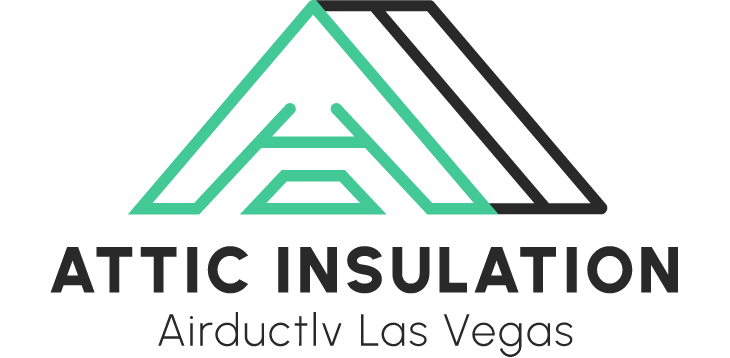For commercial buildings to be more energy efficient, lower operating costs, and guarantee tenant comfort, high-quality insulation is essential. Factors including building design, climate, and energy all influence the type of insulation utilized in commercial buildings. The most popular forms of commercial building insulation are discussed below, along with their advantages and usual applications.
Types of Insulation for Commercial Buildings:
-
Fiberglass Batt Insulation:
The fine glass fibers used to make fiberglass batt insulation are woven into a soft, long-lasting substance that efficiently traps air to lessen heat transfer. It is a widely used, reasonably priced, and simple option for commercial floors, walls, and ceilings. Additionally, fiberglass offers good soundproofing and is naturally fire-resistant, making it a flexible and dependable option for a range of commercial applications. It must be installed properly, though, to prevent gaps that can lower efficiency.
-
Spray Foam Insulation:
High-performance spray foam insulation fills in gaps and crevices to build an airtight barrier by expanding when applied. There are two varieties of it:
- Open-cell spray foam: It has a lower R-value but is lighter, more flexible, and offers superb soundproofing.
- Closed-cell spray foam: More stiff, denser, and provides better moisture and heat resistance.
This insulation offers excellent energy efficiency, moisture resistance, and noise reduction, making it perfect for walls, roofs, pipelines, and HVAC ducts.
-
Rigid Board Insulation:
Dense foam materials such as expanded polystyrene (EPS), extruded polystyrene (XPS), or polyisocyanurate (polyiso) are used to make rigid board insulation. It is frequently used in below-grade applications, walls, and roofing due to its exceptional thermal resistance. Rigid boards are perfect for big commercial buildings, industrial spaces, and regions that need continuous insulation since they are strong, moisture-resistant, and able to support heavy weights.
-
Reflective Insulation:
Layers of aluminium foil bonded with different backing materials, including kraft paper or polyethylene, make up reflective insulation. Reflective insulation functions by reflecting radiant heat away from the building, in contrast to conventional insulation, which inhibits heat transmission. It is extremely effective in hot areas and is widely put in roofs, attics, and big commercial warehouses to save cooling expenses and lower internal temperatures.
-
Mineral Wool (Rockwool) Insulation:
Mineral wool, sometimes referred to as rock wool or slag wool, is created by melting and spinning recyclable materials and natural stone into fiber-like structures. This kind of insulation has outstanding soundproofing qualities and is very resistant to mold, fire, and water absorption. It is frequently utilized in mechanical rooms, walls, and ceilings in schools, hospitals, and other business settings where noise reduction and fire safety are crucial.
-
Cellulose Insulation:
Recycled paper fibres mixed with fire retardants to improve safety make up cellulose insulation, an environmentally responsible choice. It has high thermal efficiency and soundproofing and is mainly utilised in walls, ceilings, and attics. Cellulose insulation is an excellent choice for retrofitting older commercial buildings since it can be blown in or sprayed, efficiently filling gaps and voids. If not well sealed, it may be vulnerable to dampness.
Why Is Insulation Important in Commercial Buildings?
Commercial buildings must have enough insulation since it has a big influence on indoor comfort, energy efficiency, and overall building performance. Here are some reasons why investing in insulation is essential:
-
Energy Efficiency & Cost Savings:
Insulation keeps interior temperatures steady by reducing heat transmission. As a result, HVAC systems are less stressed, which decreases energy use and utility costs. Buildings with adequate insulation can save up to 30% on heating and cooling expenses.
-
Enhanced Indoor Comfort:
By keeping the inside temperature constant, insulation helps avoid hot and cold patches. This is particularly crucial in commercial settings where customer satisfaction and staff efficiency are paramount.
-
Reduction of Noise:
Insulation helps create a calmer atmosphere in high-traffic commercial facilities like offices, schools, and hospitals by absorbing sound and minimizing noise transfer between floors and rooms.
-
Safety & Fire Protection:
In the event of an emergency, several insulation types, such as mineral wool and fire-rated spray foam, delay the spread of flames by providing fire resistance. This improves building security and complies with fire code requirements.
-
Moisture & Mold Prevention:
Mold development and structural damage can result from moisture intrusion. The integrity of the structure and the purity of the air within are safeguarded by insulation materials with moisture-resistant qualities, such as rigid foam or spray foam, which assist in avoiding condensation problems.
-
Environmental Benefits:
By cutting waste and carbon footprints, sustainable insulation materials like cellulose and recycled fibreglass support environmentally responsible building practices. Buildings that utilize less energy also emit less greenhouse gases overall.
-
Compliance with Building Codes & Regulations:
When commercial buildings are properly insulated, they can fulfill national and local energy efficiency criteria, including the Leadership in Energy and Environmental Design (LEED) requirements and the International Energy Conservation Code (IECC).
Owners of commercial buildings may increase efficiency, save expenses, and create a safer, healthier interior environment by selecting the appropriate insulation.
Key Considerations for Choosing Commercial Insulation:
-
R-Value & Thermal Resistance:
The R-value of the insulation indicates how effective it is; higher values provide greater energy efficiency and thermal resistance.
-
Fire Resistance:
Mineral wool and other forms of insulation offer outstanding fire protection, which is an essential component for commercial buildings to comply with safety regulations.
-
Resistance to Moisture and mold:
To preserve indoor air quality, commercial insulation must be able to tolerate moisture, inhibit the formation of mold, and endure water damage.
-
Installation Method:
While certain materials may be swiftly and easily placed with little work, others need to be professionally installed.
-
Energy Efficiency & Cost Savings:
Selecting the appropriate insulation lowers energy usage, which eventually lowers heating and cooling expenses.
Best Insulation for Specific Commercial Spaces:
- Office buildings: For increased energy efficiency and noise reduction, use rigid board insulation or spray foam.
- Warehouses & Industrial Spaces: Reflective insulation or fibreglass batts can be used in warehouses and industrial spaces to regulate temperature swings.
- Retail Stores & Malls: For efficient soundproofing and thermal performance, fibreglass or spray foam insulation is recommended for retail establishments and shopping centers.
- Hospitals & Schools: Mineral wool is used in hospitals and schools for its great fire resistance and sound-absorbing qualities.
Final Thoughts:
A business building’s durability, tenant comfort, and energy savings all depend on the type of insulation used. Speaking with an expert guarantees that you select the finest insulation option for your business space, whether you need it for new construction or a renovation.
Get in touch with Attic Insulation LV right now for professional business insulation services in Henderson and Las Vegas!

